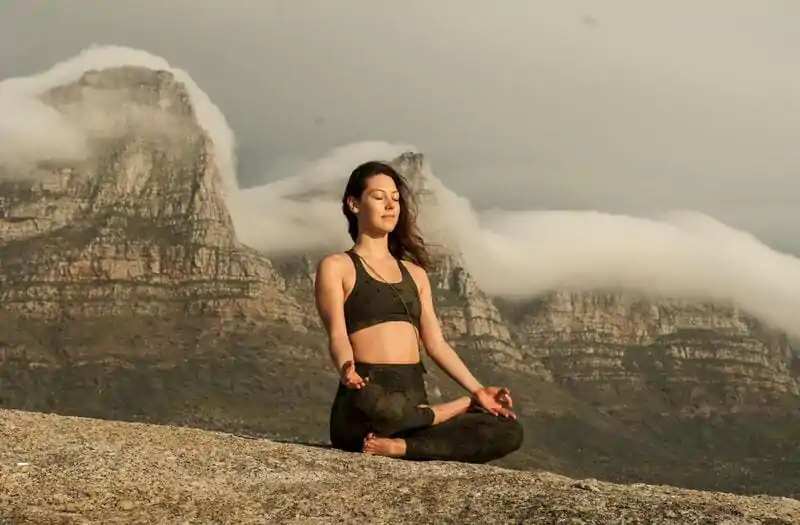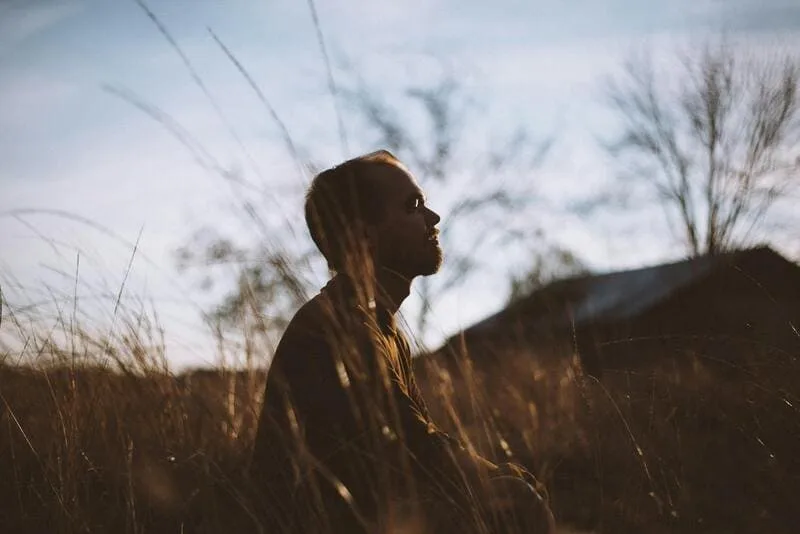Meditation, Mindfulness, and Focus – An Interview with A Monk Part 3


How do you see trauma and meditation? Would you say that meditation can help or should it come in the healing process a little bit later on?

Enjoyed this article? Share it!
Keep reading!

How Meditation Can Enhance Emotional Connection in Relationships
In recent years, meditation has gained widespread attention for its profound impact on personal well-being. But did you know it can also play an important

Embracing Stillness: 4 Simple Meditation Techniques for Overcoming Cravings
Cravings can be relentless, whether you’re dealing with the urge to eat unhealthy foods, the pull of an addictive substance, or even the compulsion to

Sleep Better, Live Better: Meditation for Insomnia Relief
Insomnia affects millions of people worldwide, leading to various health issues such as fatigue, irritability, and a weakened immune system. One effective method to combat

Clarity Amidst Chaos: How to Use Meditation for Concentration and Focus
Let’s talk about why meditation for concentration and focus is important. Focus is a crucial aspect of daily life that allows individuals to concentrate their

Meditation for Emotional Resilience: A How-to Guide
Meditation is a powerful tool that can help build emotional resilience. In our daily lives, we encounter various stressors and challenges that can impact our

Using Meditation to Cope with Flashbacks and Emotional Triggers
Experiencing flashbacks and emotional triggers can be an overwhelming challenge, often leading individuals to seek various coping strategies. Among these, meditation has emerged as a

